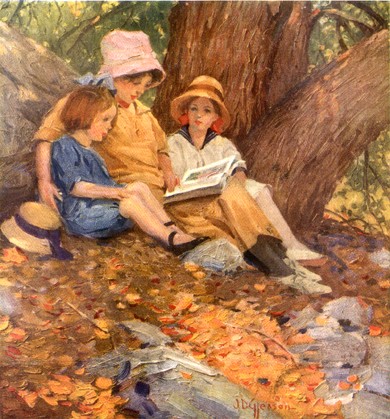Tag: language
-

Liberal Arts and the Transmission of Culture
In classical circles, we speak often about the importance of the liberal arts, over and against mere career-readiness skills, but we do not always elaborate. The reality is that career-readiness skills–skills like analyzing data, applying information technology, preparing for an interview, and completing tasks efficiently–are immensely helpful. The problem is not their usefulness, but their…
-

Human Development, Part 3: Get in the Zone
It is a dangerous thing to become a Jedi padawan. The training and trials are extremely difficult; one might say almost impossible. Qui-Gon Jin tells Anakin Skywalker, “Anakin, training to be a Jedi is not an easy challenge, and even if you succeed, it’s a hard life” (from Star Wars: Episode 1 – The Phantom…
-

Training the Prophetic Voice, Part 1: The Educational Heart of God
The God we worship and serve is an educating God. Our God has chosen to reveal himself to those whom he has created. God’s verbal communication with his creation is expressed in the opening of John’s gospel, “In the beginning was the Word.” Our God is a speaking God, which means he is continuously teaching…
-

The Flow of Thought, Part 5: The Play of Words
“Words, words, words.” Such was the enigmatic reply of Hamlet to Polonius’ question, “What do you read, my lord?” And as always, Hamlet’s feigned madness displays the ironical insight of a verbal sense of humor. After all, what is anyone reading these days, but merely words, words, and more words? Of course, Polonius interprets this…
